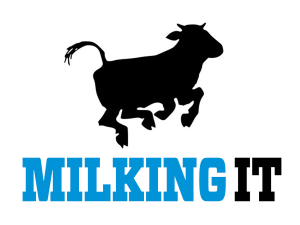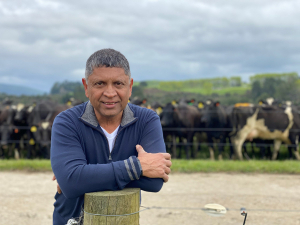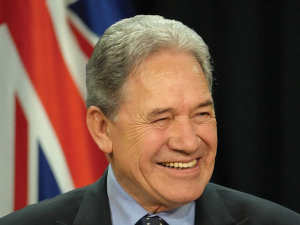OPINION: Feds Southland 'pres' Jason Herrick and colleagues who continue the good fight against bureaucratic madness on behalf of farmers, have had another win - for now, at least - getting a court decision granting a 'stay' on rules in the Southland Water and Land Plan until changes can be made to section 70 of the RMA by central goverment, somtheing they clearly signaled after the election.
The plan, following earlier court decisions, would have required more than 3000 Southland farmers to apply for an expensive resource consent just to continue farming.
"The activist groups who initially brought this case, like Fish & Game and Forest & Bird, should be hanging their heads in shame," Herrick says.
"All they've done is stir up a whole lot of angst and uncertainty in our rural communities and I don't think they've taken any accountability for that."











